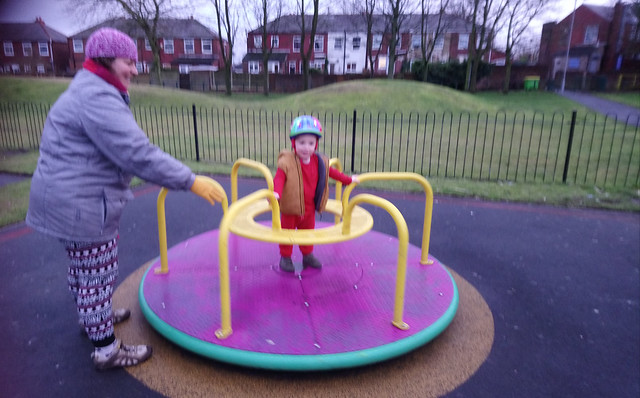Words for snake in Celtic languages.
| Proto-Celtic | *natrixs = snake |
|---|---|
| Old Irish (Goídelc) | nathir [ˈnaθirʲ] = snake |
| Middle Irish (Gaoidhealg) | nathir = snake |
| Irish (Gaeilge) | nathair [ˈn̪ˠæhəɾʲ] = snake |
| Scottish Gaelic (Gàidhlig) | nathair [n̪ˠahɪrʲ] = snake, serpent, viper, adder |
| Manx (Gaelg) | aarnieu / ardnieu = adder, serpent, snake, viper |
| Middle Welsh (Kymraec) | nadret, nadred, neidyr = snake, serpent |
| Welsh (Cymraeg) | neidr [nei̯dr / ˈnei̯dɪr] = snake, serpent |
| Old Cornish | nadar = snake |
| Middle Cornish (Cernewec) | nader = snake, viper, adder |
| Cornish (Kernewek) | nader = adder |
| Old Breton | natrolion = snakes |
| Middle Breton | nazr, azr, aër, aer = snake |
| Breton (Brezhoneg) | naer = snake |
Etymology: from the Proto-Indo-European *(s)neh₁tr- (adder), or from *(s)neh₂- (to swim) [source].
The English word snake comes from a different root: the Old English snaca (snake, serpent, reptile), from the Proto-Germanic *snakô (snake), from *snakaną (to crawl), from the Proto-Indo-European *sneg- (to crawl; a creeping thing) [source].
| Welsh (Cymraeg) | gwiber = viper, adder, poisonous snake, water-snake, mythical flying serpent, the devil, scoundrel, scold, venomous woman colwiber snake, serpent, viper |
|---|---|
| Breton (Brezhoneg) | wiber = viper |
Etymology: from the Latin vīpera (viper), possibly from vivus-pario (one that gives live young) [source].
| Welsh (Cymraeg) | sarff = serpent, snake, scorpion; hero, warrior, leader, chieftain |
|---|---|
| Cornish (Kernewek) | serpont = snake, serpent sarf = serpent |
| Breton (Brezhoneg) | sarpant = snake, dragon, kite |
Etymology: from the Latin serpēns (snake), from serpō (I creep, crawl), from the Proto-Indo-European *serp- (to creep, crawl) [source].
Words marked with a * are reconstructions.
Sources: Wiktionary, Am Faclair Beag, MacBain’s Dictionary, In Dúil Bélrai English – Old-Irish Glossary, teanglann.ie, On-Line Manx Dictionary, Geiriadur Prifysgol Cymru, Gerlyver Kernewek, Dictionnaire Favereau





